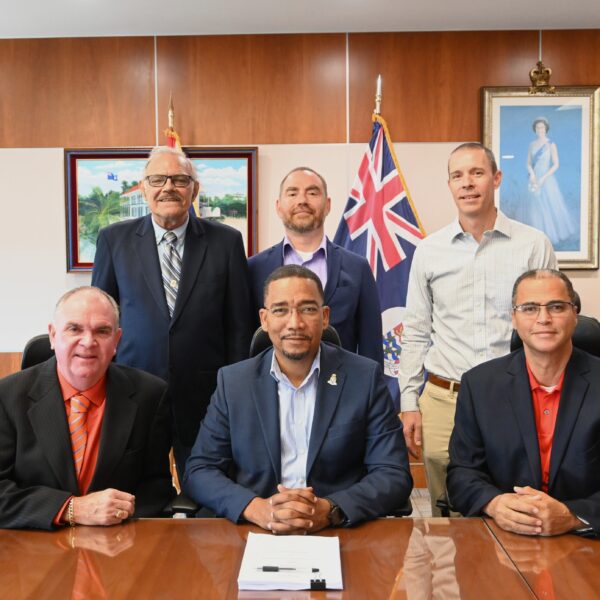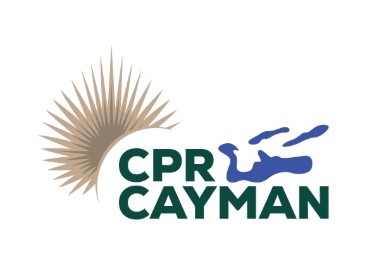
|
Getting your Trinity Audio player ready...
|
By Alric Lindsay
A British national who was the dependent of a permanent residence holder who passed away in 2021 is requesting the Grand Court to overturn the decision of the Immigration Appeals Tribunal. The Tribunal rejected her application for permanent residence, and she claims that the Tribunal acted erroneously, unlawfully, and in breach of natural justice. She also argues that the Tribunal should have considered her rights to family and private life under the Bill of Rights in the Cayman Constitution when deciding whether to grant her permanent residence.
Background
According to the Grand Court documents dated August 22, 2024, Susan Ann Robinson, a 47-year-old British national who has lived in the Cayman Islands since 2010, applied for Permanent Residence on January 26, 2022. Her application was made as the dependent and surviving spouse of PR holder Paul Robinson, who passed away in 2021.
The Court documents clarified that, after the application, further discussions were held with Workforce Opportunities & Residency Cayman (WORC). Following these discussions, the Cayman Status And Permanent Residency Board revoked her Dependent Status and rejected her application for Residency & Employment Rights Certificate in August 2023.
The rejection letter stated: “The Board noted that the Permanent Residency Holder, Paul Robinson, is now deceased… Therefore, dependent spouse, Susan Robinson, ceased to be a dependent of a Permanent Residency Holder.”
Mrs Robinson appealed the decision of the Cayman Status And Permanent Residency Board, arguing that it “fettered its discretion and wholly misunderstood Section 37(18)” of the Immigration (Transition) Act. Additionally, she noted that the Cayman Status And Permanent Residency Board made no reference to her constitutional rights or human rights.
As a result of the foregoing, she asked the Immigration Appeals Tribunal to overturn the decision of the Cayman Status And Permanent Residency Board. Her grounds were that the decision was unreasonable, wrong in law and contrary to the regulations.
Notwithstanding the arguments raised by Mrs Robinson, the Immigration Appeals Tribunal said in August 2024 that she “ceased to be a dependent of a Permanent Residency Holder upon the death of the later Mr Paul Robinson.”
The Immigration Appeals Tribunal added, “The Tribunal determined, having considered the legislations and case law, that it does not have the power to engage consideration of section 9 of the Bill of Rights in this matter.”
Based on the Court documents, it is Mrs Robinson’s case that “the decision not to grant the Appeal breaches her right to a family and private life, which she had established in the Cayman Islands” and “It is averred that this decision is not reasonably justifiable / proportionate in the circumstances.”
She stressed that, in light of the Court of Appeal’s judgment that the points system is incompatible with the Bill of Rights, the immigration authorities should have proceeded as follows:
- Reviewed her application pursuant to 37(18) of the Immigration (Transition) Act
- Upon concluding that her spouse was deceased as the main holder of PR, consider whether or not she had a Section 9 BOR right.
- If the Cayman Status And Permanent Residency Board concluded that she had not established a Section 9 BOR right, reject the application.
- If the Cayman Status And Permanent Residency Board concluded that she established a Section 9 BOR right, the decision maker should then have considered a proportionality assessment when considering whether it was reasonably justifiable to revoke her status.
Mrs Robinson contends that, because the Cayman Status And Permanent Residency Board “failed to carry out a process similar to the above, it acted unreasonably / erred in law.”
She added that, because the Immigration Appeals Tribunal “did not accept the submissions as set out in the Grounds of Appeal, they have also erred in Law.”
She is now asking the Court to set aside the Immigration Appeals Tribunal’s decision and have her matter reheard.
Note to readers: This case is one of several before Cayman courts in which parties argued that their rights to family and private life were not considered an alternative means of gaining permanent residence. Other applicants also argue that immigration authorities should hold off from making decisions to reject permanent residence until the Privy Council has reached a decision regarding the compatibility of the points system with the Bill of Rights.







